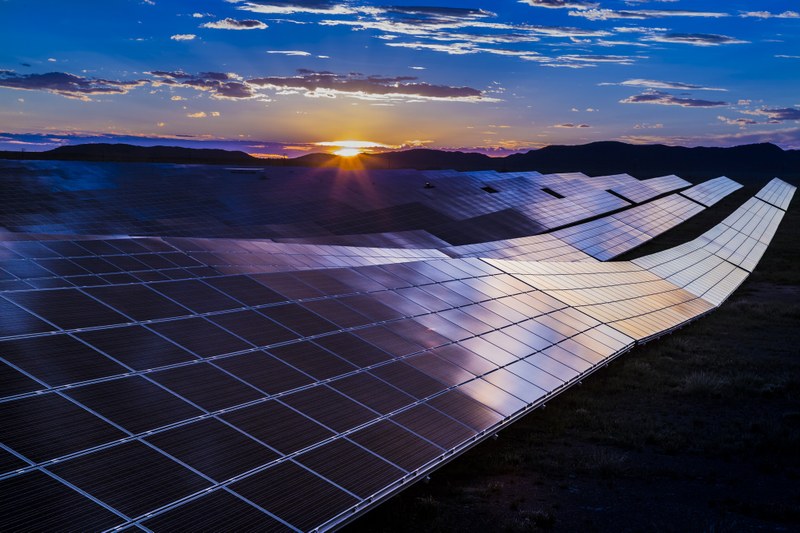Energy services for heating and cooling, cooking, lighting, transport and manufacturing are vital for society’s functioning. Over the past two decades, renewable energy production and consumption have increased rapidly across the EU in response to dedicated policies and measures, and facilitated by rapid technological progress. As a result, greenhouse gas emissions across the EU energy system have decreased steadily since 1990, and the EU has achieved its 20% renewable energy target in 2020. In 2023, renewable energy sources represented an estimated 24.5% of the European Union’s final energy use.
Solar panels on rooftops, electric cars and wind turbines on the horizon are becoming quite common and ordinary sights across Europe. Yet, fossil fuels remain the largest source of energy.
While not without impact, replacing fossil fuels with renewable energy sources like solar, wind and biomass, helps reduce emissions of greenhouse gases and other pollutants, as well as contributes to increasing Europe’s energy independence.
Renewable and clean energy will play a vital role in determining Europe’s ability to achieve climate neutrality by 2050, while ensuring a steady supply of energy at affordable prices. Although already underway, the transition towards a clean and renewable energy system needs to speed up and transform key sectors, including transport, and put in place the infrastructure and governance needed. The European Green Deal and its policy initiatives, including RePowerEU, aim to facilitate this.
